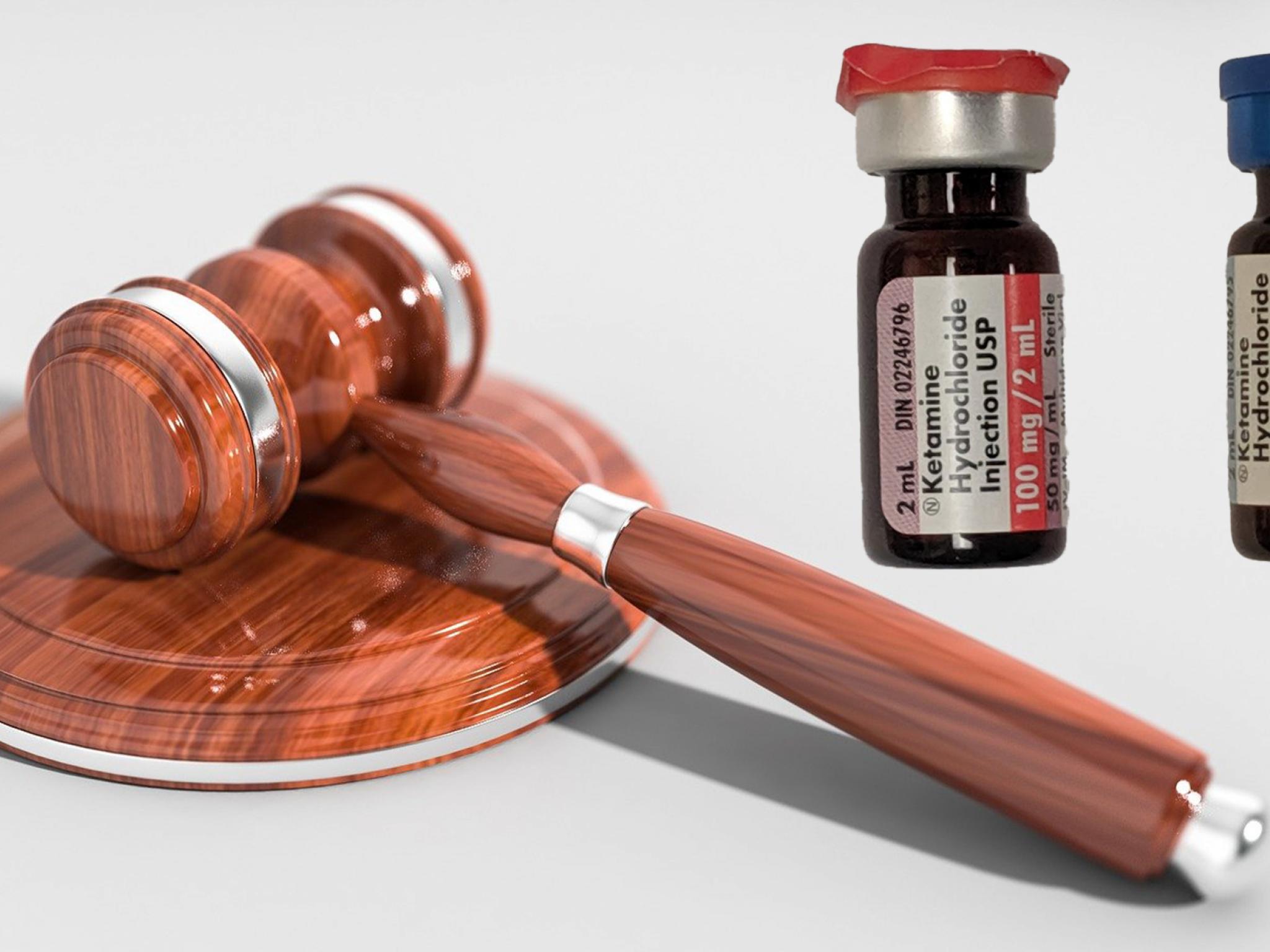
(Part three of a four-part series)
As for ketamine-assisted therapy, biotech psychedelics company Awakn Life Sciences (OTC:AWAKNF) offers two distinct protocols. One is called KARE (Ketamine in the Reduction of Alcoholic Relapse) and is specific to alcohol use disorder, while the other, KAP (Ketamine-Assisted Therapy), is directed to other psychiatric disorders including depression, anxiety, PTSD and addictions.
The KARE therapy is an evidence-based protocol that starts on somewhat higher doses of the drug compared to KAP, considering people who have had alcoholism “tend to require a higher dose of ketamine to get the desired effect.” Dosage usually begins at 1 mg per kg and can go up as high as 2 mg per kg over three sessions.
On the other hand, KAP is an eight-week course holding four takes of ketamine, which start at 0.5 mg per kg and usually increase slowly over the program. This is done in collaboration with the patient: “We wouldn’t expect the patient to take a dose they’re not comfortable with.” Yet clinicians at Awakn have found that after the first test dose –low to medium, especially with patients who have never had ketamine before. Most patients want to slowly increase the dose, as the weeks proceed.
“We are aiming for a dissociative state: the state of mind in which they lose their physical body, and they’re able to see the different parts of themselves. We will go up 0.5, 0.8, 1.1, 1.5. We have a maximum of 2 mg per kg that we would consider over those four sessions of KAP,” explained Awakn's head of psychedelic medicine Dr. Ben Sessa.
In terms of safety, ketamine is “very physiologically non-toxic,” in that it has been around since the early 1970s as an effective and safe anesthetic. “The way we’re using it, as an adjunct to psychotherapy, is new and pioneering, but ketamine itself as a medicine is not new at all.”
In fact, doses are much higher when used for anesthesia. It is safe and does not interfere or suppress the breathing process, which makes it the anesthetic of choice for children and the elderly.
Sessa explained that the doses provided at Awakn are five to 10 times less than what an anesthetist would use on a 10-year-old. “So it’s very comfortable to use, knowing how non-toxic it is.”
Administered via an intramuscular injection in the shoulder, ketamine kicks in within four to five minutes, has a 10-15 minutes rapid ascend and then wears of in about an hour.
As Dr. Sessa explained, there tends not to be any talk therapy during the drug experience as patients wear headphones and eyeshades and are encouraged to concentrate on the experience.
After ketamine wears off, patients sit up and can engage again, with some cases of spontaneous talk arising. Every drug session is followed by a one-hour integration therapy session, usually on the same day with the KARE program and the next day with the KAP protocol.
In terms of follow-up, Awakn protocols offer a final non-drug evaluation session for life after the psychedelic-guided experience and treatment, that is, when things can greatly develop.
“What we are aiming for is for patients to have a realization and breakthrough experiences, but the process continues to unfold after many months or years,” with patients being in charge of making their own lifestyle changes. And post-treatment has shown very positive results so far, with former patients moving towards their strong values worked over the assisted treatment.
Formal post-treatment follow-up might soon be delivered as part of the programs. Once finalized, patients are given the possibility of engaging in treatment, yet the therapy provided by Awakn is not what is commonly known as “maintenance therapy,” that is, regular, repeated ketamine infusions with no talk therapy -which, on the other hand, have proved successful ”and safer than many antidepressants” for patients with untreated long-lasting depression.
Dr. Sessa explained that while ketamine addiction can occur, it is uncommon and may occur among heavy users of recreational ketamine who use a daily 100-150mgrs dose for months.
See the previous two stories in this series:
- Can Ketamine Treat Alcohol Addiction? This Is How Therapy Actually Functions
Next up: Can Ketamine Treat Alcohol Addiction? In-Clinic Therapy Vs. Retreats
Photo courtesy of qimono on Pixabay and Doc James on Wikimedia Commons.







